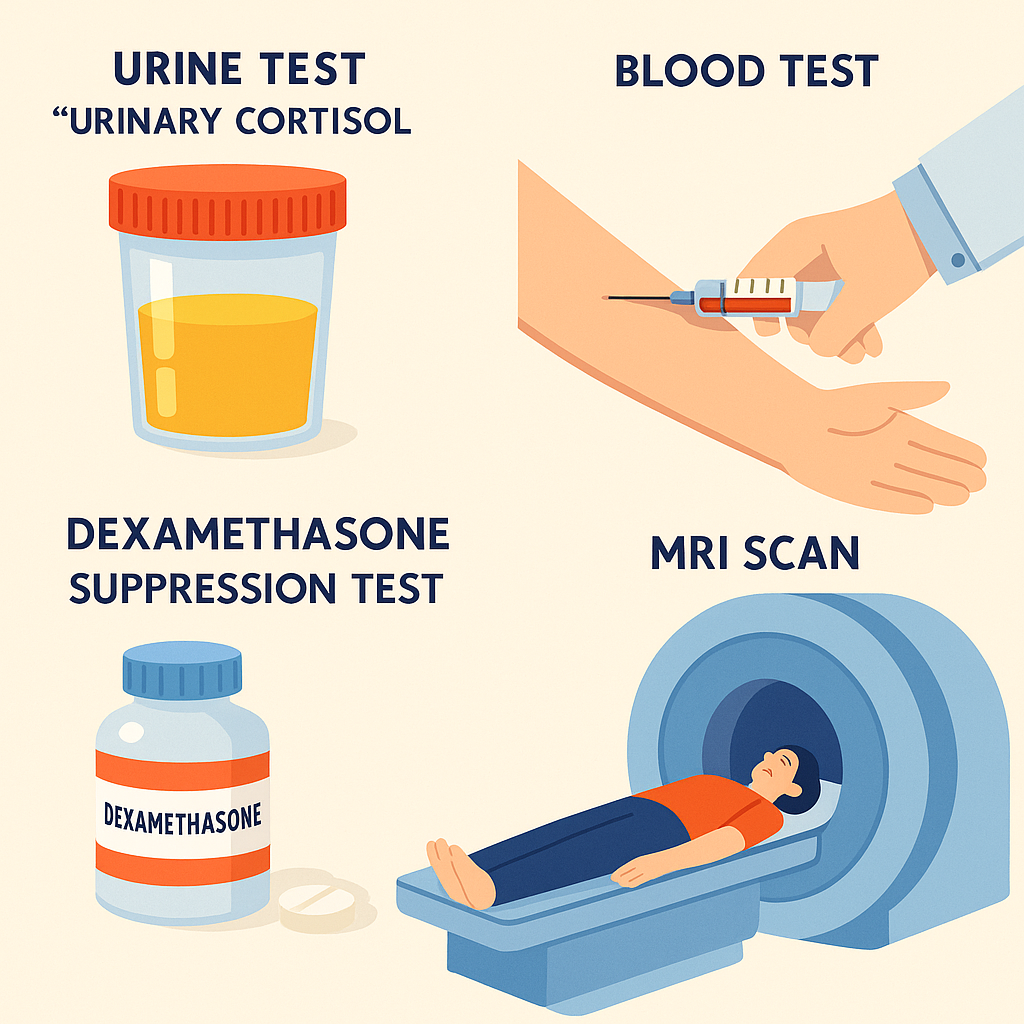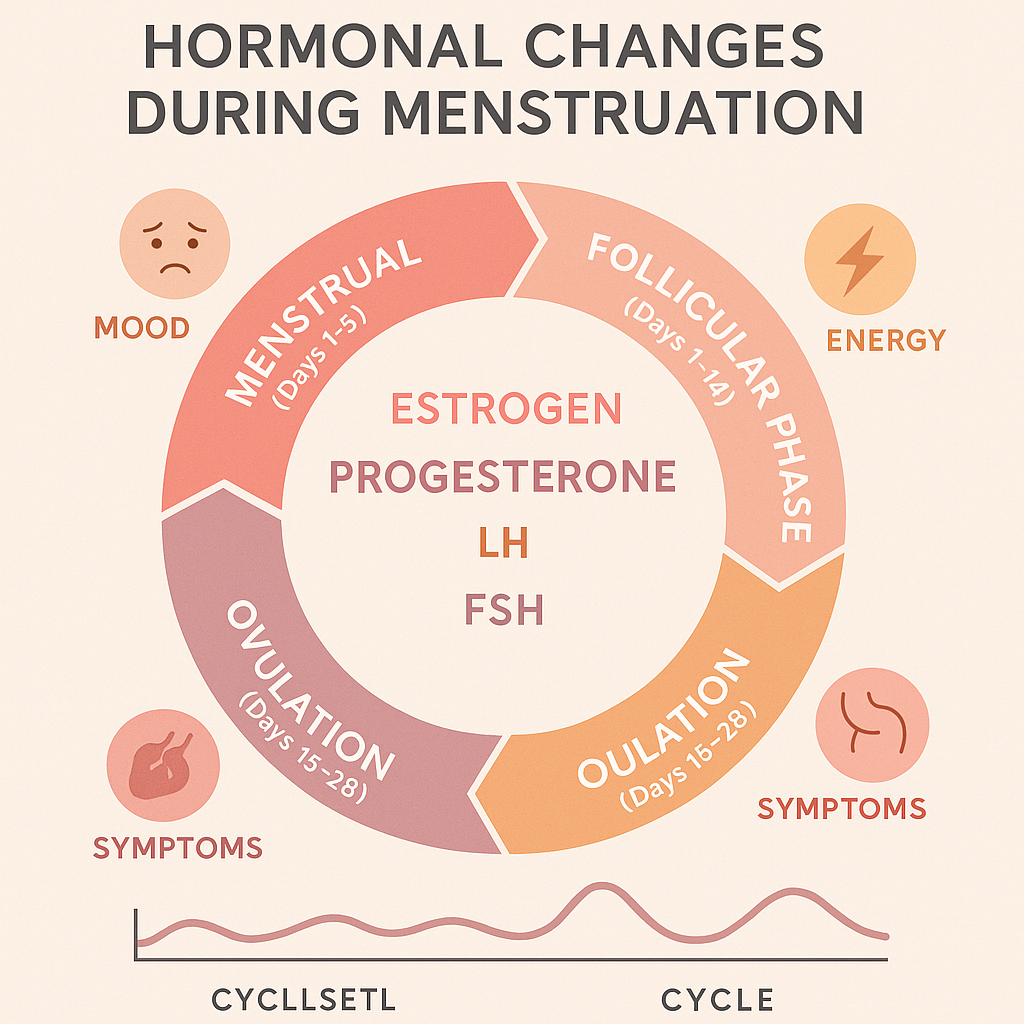News — hormone imbalance
How is Cushing's Syndrome Diagnosed? Key Tests and Procedures Explained
24-hour urine test ACTH adrenal tumors cortisol excess cortisol testing Cushing’s disease Cushing’s syndrome cyclic Cushing’s dexamethasone suppression diagnosis of Cushing’s endocrine disorders endocrine testing high cortisol hormone imbalance how is Cushing’s diagnosed lab testing for Cushing’s pituitary MRI rare diseases salivary cortisol signs of Cushing’s
Often mistaken for stress, weight gain, or hormonal shifts, Cushing’s syndrome is a condition that hides in plain sight. Caused by prolonged exposure to high cortisol levels, it can lead to a host of serious health problems if left unchecked. But because many of its symptoms overlap with other disorders, getting a definitive diagnosis isn't always straightforward. That’s where a precise and layered diagnostic approach becomes essential.
Whether you're a healthcare professional, a concerned patient, or simply curious about this elusive endocrine disorder, understanding how Cushing’s syndrome is diagnosed can help demystify the process. From urine and saliva tests to advanced imaging techniques, the journey to uncovering this condition is as much about ruling out what it isn’t as confirming what it is. Let’s walk through the essential diagnostic tools doctors use to zero in on this challenging syndrome.
From Fatigue to Freedom: Reverse Insulin Resistance Naturally
berberine blood sugar balance blood sugar support fasting insulin fatigue and blood sugar glucose metabolism hormone imbalance insulin resistance insulin resistance diet insulin resistance symptoms insulin sensitivity insulin supplements liver health magnesium for insulin metabolic health natural insulin support prediabetes reversal reversing insulin resistance sugar cravings weight loss and insulin
Do you constantly feel tired after meals, struggle to lose weight, or wake up groggy no matter how long you sleep? These could be signs of insulin resistance—a silent metabolic disruptor that affects millions and often goes undiagnosed until it evolves into type 2 diabetes. The good news? Insulin resistance can be reversed with the right strategies, knowledge, and consistency.
This isn’t about quick fixes or extreme diets. This is your step-by-step guide to reclaiming energy, balancing blood sugar, and building a sustainable lifestyle that supports your body’s ability to heal. Whether you’ve just been diagnosed or suspect you’re on the path, this plan will help you move from fatigue to metabolic freedom.
Understanding Hormonal Changes During Menstruation: Phases, Hormones, and Symptoms
cycle syncing estrogen follicular phase hormonal cycle hormone imbalance hormone phases hormone shifts hormone support supplements hormone symptoms hormones and menstruation LongLifeNutri Hormone Balance luteal phase menstrual cycle menstruation explained ovulation period symptoms period tracking PMS progesterone women’s health
The menstrual cycle is more than just a monthly period—it’s a complex and dynamic process regulated by a delicate interplay of hormones. These hormonal shifts not only control ovulation and menstruation but also influence mood, energy, appetite, sleep, skin, and even how your brain functions. Understanding the four phases of the menstrual cycle and the key hormones involved can empower you to work with your body rather than against it.
From the rollercoaster of estrogen to the calm of progesterone, each phase plays a specific role and presents unique symptoms. In this article, we’ll walk you through the menstrual cycle’s phases, the hormones that rise and fall during each one, and what to expect—physically and emotionally—so you can track, support, and optimize your cycle with clarity and confidence.



